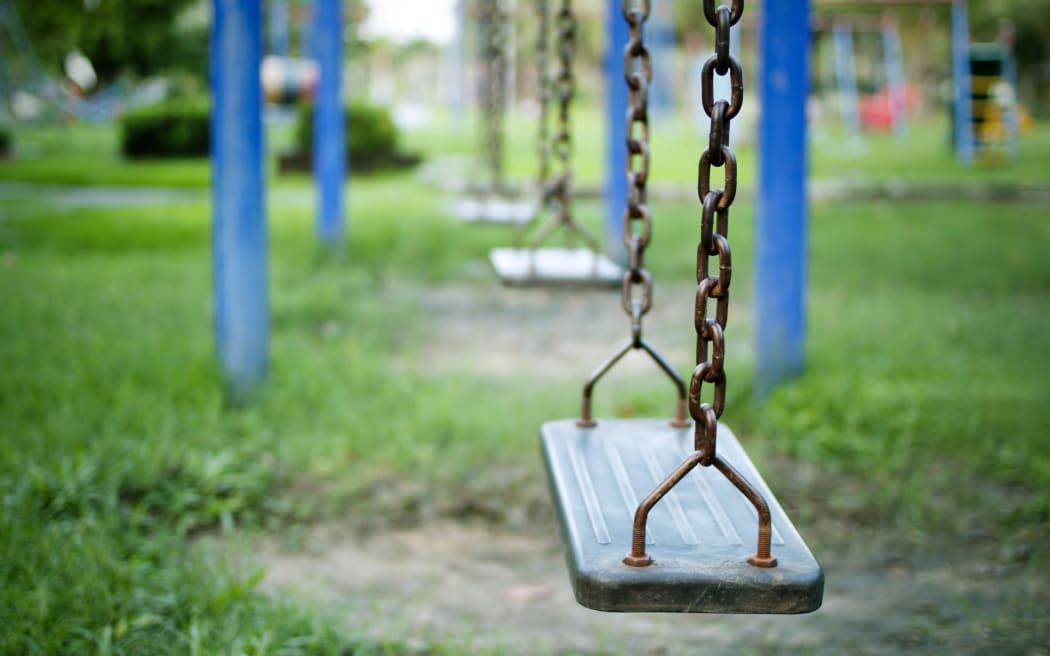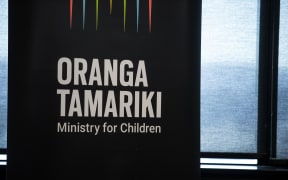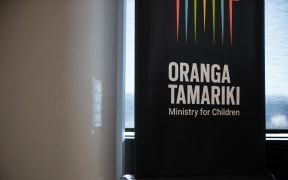
The coroner recommended any safety plans should be developed with a child's primary caregiver. Photo: 123RF
A coroner's report into the death of a toddler shows government agencies were explicitly warned the boy's killer was violent and a risk to children.
A recommendation is a change to improve safety plans for at-risk children.
This is the sole recommendation from Coroner Marcus Elliott who has been looking into what the state could have done better to protect a toddler killed in Southland eight years ago, by four agencies that have admitted failing him.
The child's mother's boyfriend, who had a long history of violence, fatally injured the boy in Southland and was later found dead in custody.
He was bailed to the family home by a court given a deficient report by Child Youth and Family (CYF, now Oranga Tamariki), and a later safety plan for the boy was weak and not even put in writing.
The coroner has found that the man "and no one else, was responsible for [the boy's] death".
Blanket name suppressions surround the case, not just to the whānau but to staff from Oranga Tamariki, Police, Corrections and health agencies.
In his findings out on Friday, the coroner said CYF failed to give a court full and accurate information about the risks the man posed if he was bailed to the boy's home.
A safety plan for the boy was imposed on the mother when she was "disempowered, distressed and understandably distrustful. She had no genuine say in its terms".
It was put together when he was discharged from hospital, after checks eventually found a leg fracture and other injuries, their cause unclear. The mother had to bring in the boy multiple times before these were found. He died a few days after being discharged.
The coroner recommended any safety plans should be developed in consultation with a child's primary caregiver.
Oranga Tamariki said that safety plans prior to a hospital discharge must involve primary caregivers under its current agreement with Police and Te Whatu Ora.
"However, in light of the coroner's recommendations, any potential barriers preventing parents or caregivers from participating in practice will be further assessed," chief social worker Peter Whitcombe said in a statement.
Safety plans have since been tightened up in other ways. For instance, they must be in writing, and there is template for them - partly prompted by this case, which OT reviewed back in 2016.
The coroner accepted that the mother did not have any sense or feeling at any point that the boy was at risk from the man.
However, the various agencies knew about the risks, but did not communicate or act on them properly.
Two months before the boy's death, CYF told Corrections the man had a history of "present and past violent offences which would be extremely concerning around children".
The man "obviously has a violent nature which has spanned over numerous years and will not stop if he has had no intervention".
"CYF do not consider violence as acceptable with children around and would not risk a child's safety."
He was at high risk of aggressive behaviour towards the boy's mother, it reported to Corrections.
A month later, without reference to what it had just told Corrections, CYF reported to the district court that it "would have no concerns" with the man being electronically bailed to the boy's home.
The boy was fatally injured within three weeks of that.
CYF's report to the district court "was deficient", the coroner said.
"The report should have stated that Oranga Tamariki did not support [the man's] EM bail being varied."
Not long before that, the boy's father wrote to CYF raising concerns about the safety of his "babies". The coroner said this should have triggered an investigation.
The father's lawyer said he was ignored or marginalised because of his history with the law, and OT's lawyer conceded that was possible.
"If this was the case, it is clearly unsatisfactory," the coroner said.
At the inquest hearing - in its second part over a year ago, looking into what the agencies did - an OT staff member told the coroner she was struck by the number of missed opportunities to protect the boy, including not involving the whānau in more decision making.




